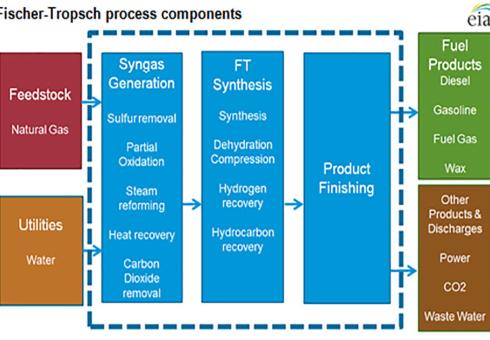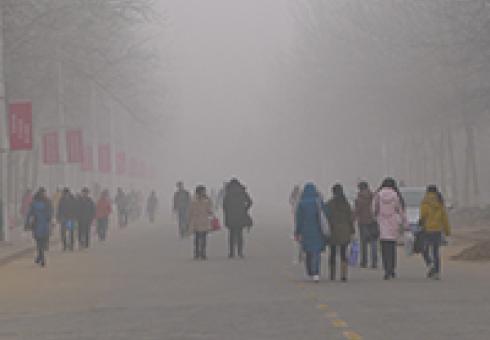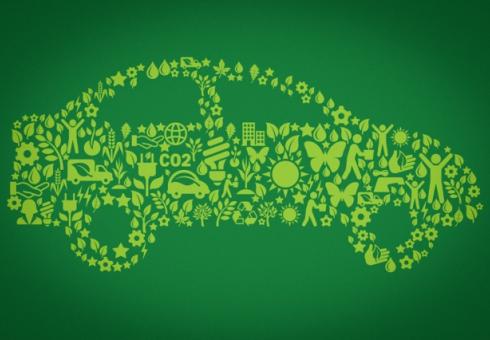MIT Joint Program to support study through global economic and policy modeling
News and Outreach: Sergey Paltsev
Sergey Paltsev delivers keynote address at energy policy seminar in Helsinki, draws evening news coverage
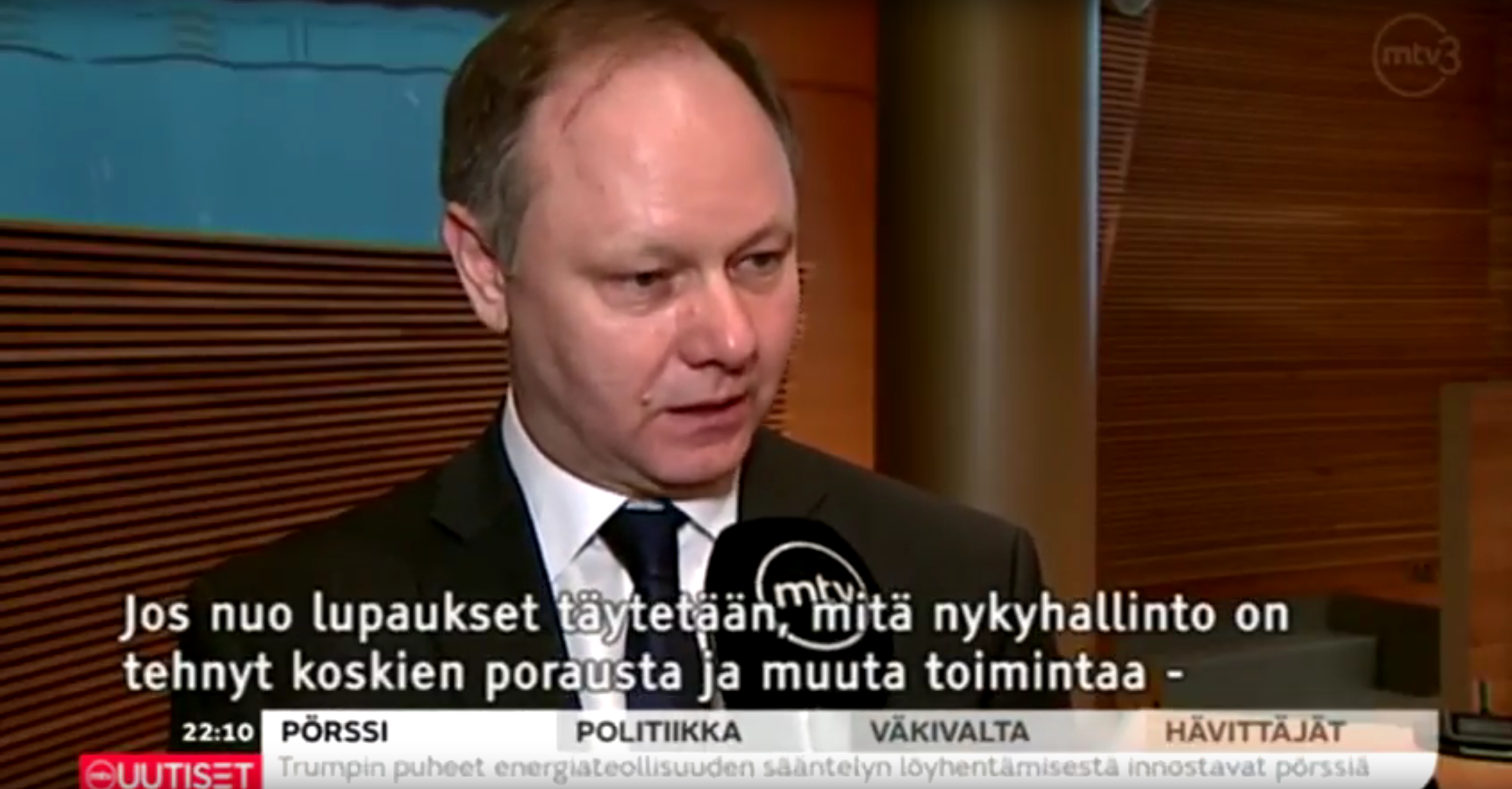
MIT Joint Program Deputy Director Sergey Paltsev delivers a keynote address on energy policy and the new U.S. administration at a seminar on oil and geopolitics hosted by the Finnish Institute of International Affairs and World Energy Council Finland.
Study assesses profitability and impact on the transportation sector
Energy scenarios provide useful decision-support tool for policymakers and investors
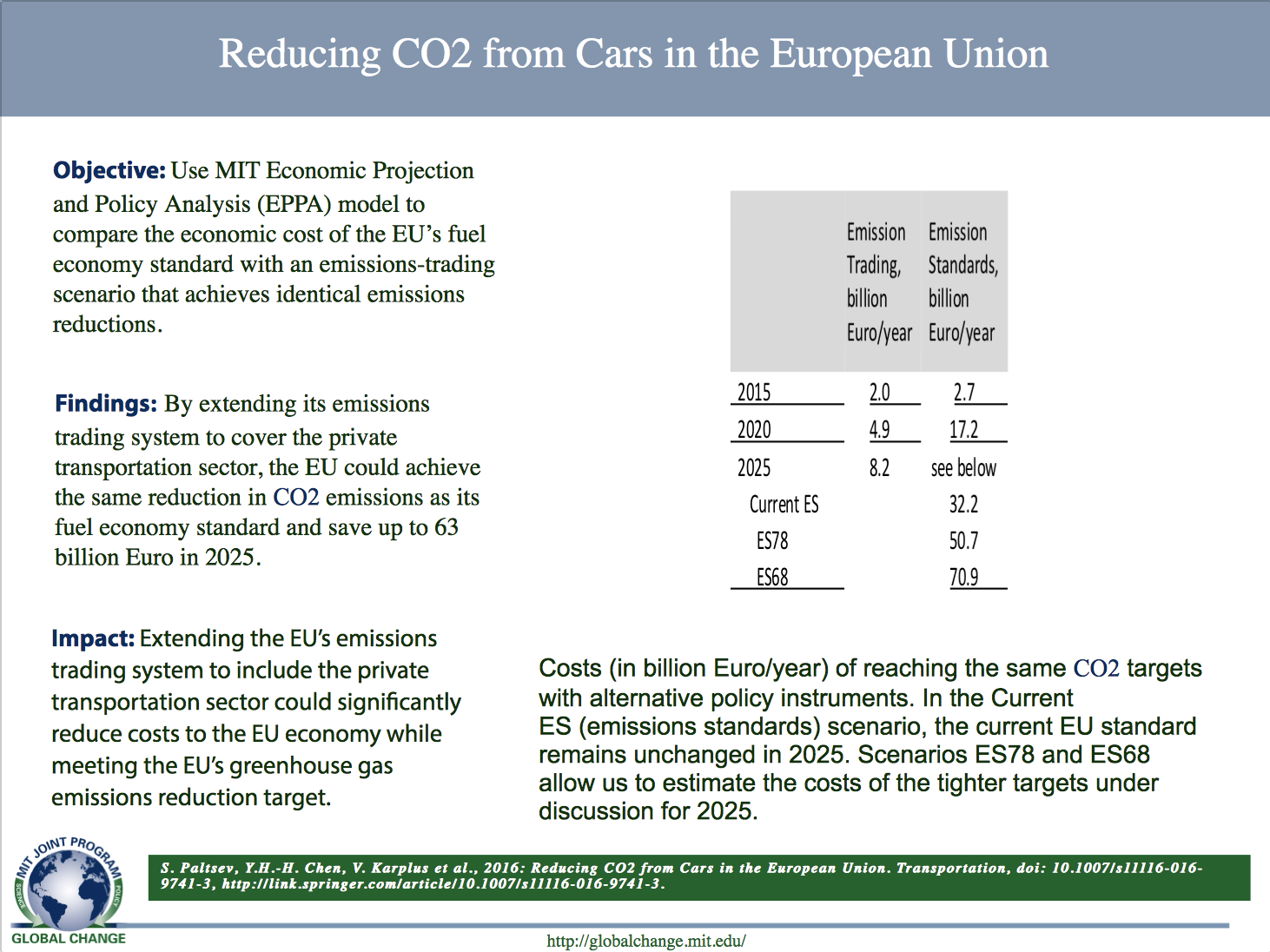
The European Union could meet its climate goals and save billions of Euro by extending its emissions trading system to include the private transportation sector.
MIT: Emissions Trading for Transport = EU’s Cheapest Means of Reducing Transport Emissions; EU officials reportedly receptive to Joint Program study’s findings
“Rather than adopting an approach similar to the corporate average fuel economy (CAFE) standard in the United States, the European Union could achieve similar carbon dioxide emissions reductions simply by extending the existing emissions trading system to encompass transportation (in addition to the electricity generation and energy-intensive industries it currently covers), according to a new study from MIT and its research partners. Using such an approach would be far cheaper (as far as costs to the economy) than utilizing something similar to the CAFE standard, the researchers involved argue.”
Emissions trading would be more effective than mileage standards, new study shows
As the European Union contemplates new policies aimed at meeting its emissions-reduction commitments under last year’s Paris Agreement on climate change, a new study by researchers at MIT and elsewhere could provide some valuable guidance on the most effective strategy.
How a shift from fossil fuels to low-carbon technologies could alter today’s balance of power
If the Paris Agreement leads to an energy transition from fossil fuels to low-carbon technologies, fossil-fuel-producing nations will likely wield far less geopolitical power than they do now. “Instead of focusing on just two major resources, oil and natural gas, low-carbon energy geopolitics may depend on many additional factors, such as access to technology, power lines, rare earth materials, patents, storage and dispatch, not to mention unpredictable government policies,” writes Sergey Paltsev, a senior research scientist at the MIT Energy Initiative and a deputy director of the MIT Joint Program on the Science and Policy of Global Change. “Despite uncertainty, there is no question that the balance of power in energy geopolitics is shifting from fossil-fuel owners to countries that are developing low-carbon solutions.”
Photo: Hydro-power lines near Fontana Dam, North Carolina (Source: Dana Lane)



